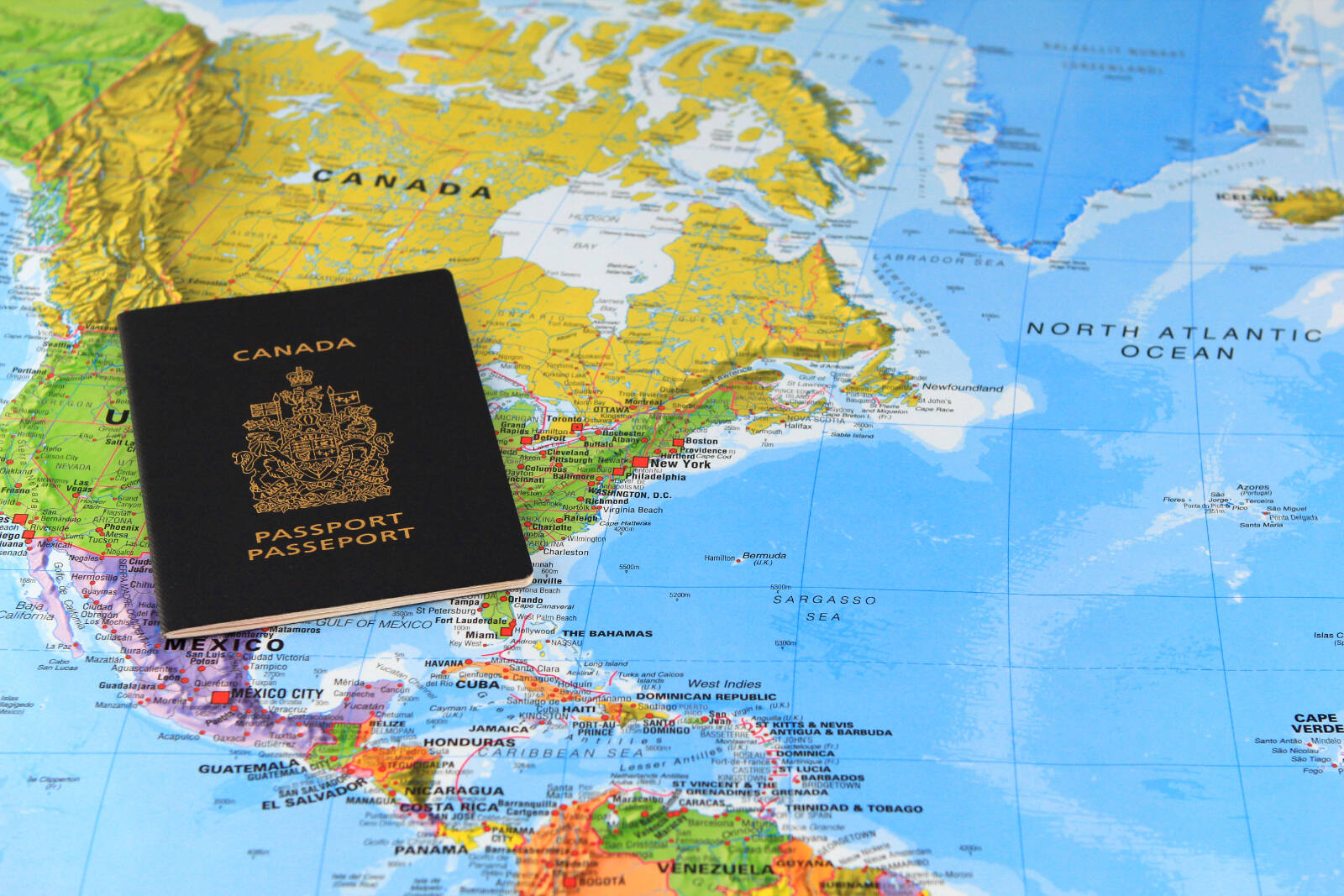As March break approaches, many of us are finalizing our plans for a much-needed getaway.
But before you pack your bags for your next adventure, the Canada Border Services Agency – which welcomed 86 million travellers in 2023 alone – has some essential advice to ensure your trip across the border is as smooth as possible, and memorable for the right reasons!
1. Plan ahead
The agency’s primary advice? Plan ahead and be prepared. Expect delays, especially during peak travel times like March break, and check border wait times if crossing by land. Early mornings might offer you a quicker passage.
2. Travelling with kids or pets?
For those travelling with kids, especially in cases of shared custody or if you’re not the child’s parent or legal guardian, carrying a consent letter is highly recommended. This precaution helps border services officers in their duty to protect children, ensuring all travel is safe and authorized.
If you are travelling with a pet or planning to import an animal into Canada, you’ll need the right paperwork at the border to meet Canada’s import requirements.
3. Have your documents ready
Having your travel documents ready can significantly speed up your crossing.
The Canada Border Services Agency also suggests taking advantage of the Advance Declaration feature available at major Canadian airports, which allows travellers to submit customs and immigration declarations up to 72 hours before arrival. This tool can cut your wait time at kiosks or eGates by up to 50 per cent.
4. Declare your goods
All travellers must declare their goods when entering Canada. Keep receipts handy for any purchases made abroad and be aware of your vehicle’s contents.
While firearms are strongly discouraged, those who must travel with them should familiarize themselves with the rules on importing firearms and other restricted or prohibited goods.
5. Cannabis: just don’t
A crucial reminder from the Agency: do not travel with cannabis. Despite its legalization in Canada and in some U.S. states, crossing the border with cannabis or products containing THC or CBD without a Health Canada permit is a serious offence.
Before you embark on your March break travels, take a moment to visit the Canada Border Services Agency’s associated links for more detailed information and tips. With a little preparation and knowledge, crossing the border can be a breeze, leaving you more time to enjoy your well-deserved break!
To get the week’s latest must-read stories from the cannabis world direct to your inbox, sign up for our weekly newsletter at canadianevergreen.com. You can also follow us on Facebook, Instagram and Twitter.

